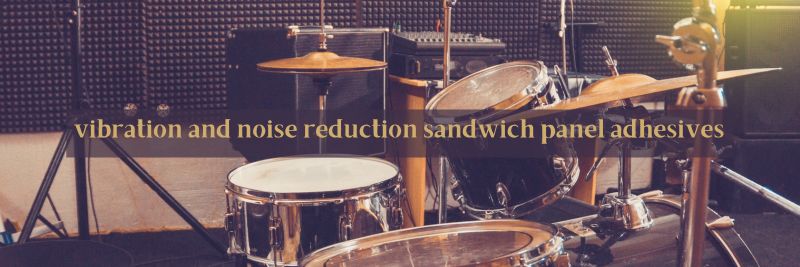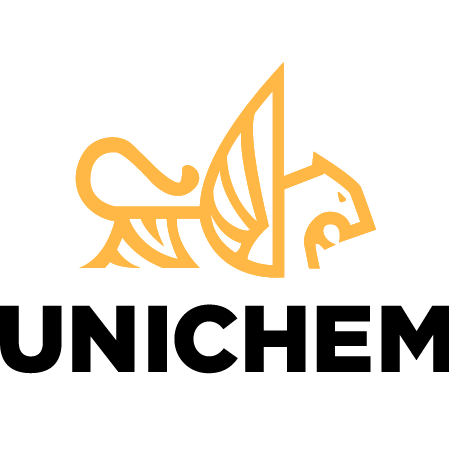
A sandwich panel is a type of structured composite made with three layers, a low-density core with a thin layer bonded to each side. The materials used in sandwich panels can vary widely, and the core can be a solid or a honeycomb type of material.
What Is a Sandwich Panel?
The core is typically made of thick yet lightweight material such as extruded polystyrene (XPS), polyisocyanurate (PIR), PVC, mineral wool, rock wool, corrugated, aluminum or any type of rigid foam. The outer skin layer is typically strong yet thin, like aluminum, fiberglass, steel, or another type of metal, and when bonded together, produces a strong and lightweight sandwich panel that has many uses.
Sandwich panel cores can also be constructed with fire-resistant materials for use in many industries like building construction, transportation, and aerospace. The insulative properties of sandwich panels provide many benefits, such as noise reduction, insulative properties, which provides significant advantages in many applications.
Applications for Bonded Sandwich Panels
Sandwich panels are used in many market applications where high structural rigidity is required along with lightweight properties. The versatility of sandwich panels allows for widespread usage and makes them a popular component for many reasons. Some of the most common applications for sandwich panels include:
- Building, construction and civil engineering
- Walls
- Floors
- Ceilings
- Façade
- Furniture
- Interior
- Ducts
- Automobile and Transportation
- Automobiles
- Motor homes and RVs
- Converted cars and cargo vans
- Tractor-trailers
- Aircraft, aerospace
- Lightweight panels are essential in every aspect of aircraft and aerospace production
- Ships and marine equipment
- Lightweight, resilient strength are important for ships and marine equipment
- Packaging and containers
- Lightweight packaging continues to increase in demand
Sandwich panels provide a high-quality, prefabricated product found in these applications and others where lightweight, strength, and sound insulation are required.
Benefits of Insulative Sandwich Panels
The thickness of sandwich panels provides a good thermal insulator with several layers for optimum acoustic effectiveness.
Reduce Road Noise and Vibration in Automobiles
Modern vehicles are embracing the new age of composite materials, with fiber-reinforced thermoplastics replacing metal materials in many new car bodies. Sandwich panels help automotive manufacturers achieve goals of strong yet lightweight composite materials to meet fuel emission requirements as well as maximize driver comfort with a quieter ride insulated from excessive road noise. Sandwich panels provide automobiles with a smoother ride with less vibration and harshness compared to automobiles constructed with more metal parts and mechanical fasteners.
Reduce Noise Levels inside Buildings
Controlling the noise level inside buildings is an important consideration as noise levels in cities continue to increase annually, which can have a negative effect on people’s health. The use of layered, composite sandwich panels in buildings significantly helps to reduce sound transmission with noise control materials and adhesives.
Composite, insulative sandwich panels provide important noise reduction properties in automotive, construction, and other applications, as well as delivering additional benefits. Industrial adhesives must be selected to bond properly with all composite materials, whether laminating to metal, polystyrene, aluminum, or any other material. Using the right industrial adhesive will help to achieve maximum benefits, which include the ability to withstand extreme temperatures, cure quickly, and bond surfaces with different coefficients of contraction and expansion.
Using the Right Adhesive Is Critical When Bonding Sandwich Panels
Properly cured adhesives in sandwich panels also protect against water leakage, air leakage, or intrusion of hot or cold air. Using the right type of industrial adhesive when constructing composite sandwich panels for any industry, whether building and construction, automotive, aerospace, or other purposes, is critical for many reasons.
Universal Chemicals & Coatings, Inc., UNICHEM, is a custom coating and adhesive supplier offering durable and reliable industrial adhesives for all types of bonding applications. uniBOND industrial adhesive is formulated for bonding fiber composites, vinyl, polyethylene, polypropylene, PVC, rubber, and other materials. Contact us to learn how to improve your lamination bonding process and see why UNICHEM has been providing industrial adhesive solutions for more than 50 years.


